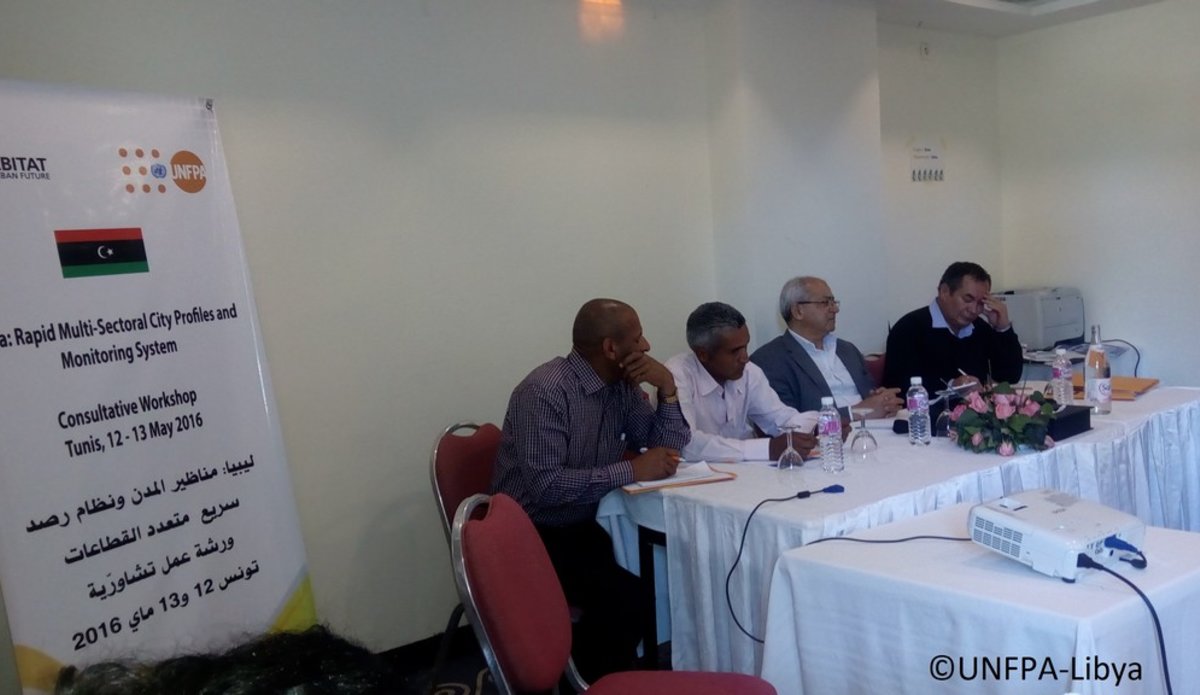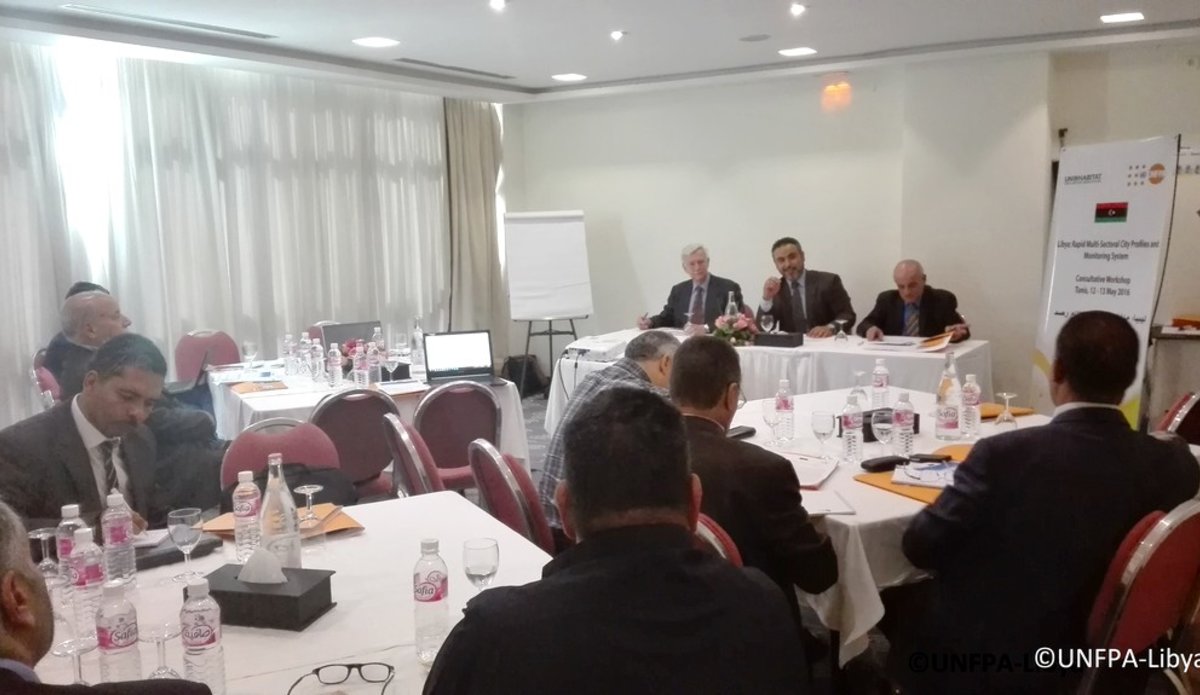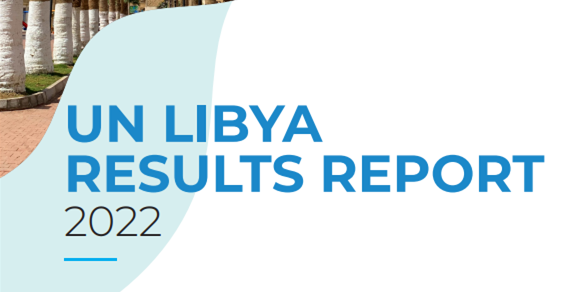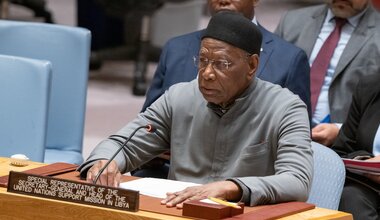CONSULTATIVE WORKSHOP LIBYA: RAPID MULTI-SECTORAL CITY PROFILING AND MONITORING SYSTEM
12-13 May 2016 – Tunis – The United Nations Population Fund (UNFPA) and the United Nations Human Settlements Programme (UN-Habitat) organized a consultative workshop with a team of Libyan experts and technicians to discuss their joint contribution to the design and implementation of a Rapid Multi-sectoral City Profiling and Monitoring System (CPMS) in Libya. The CPMS is a multi-sectoral spatial assessment of impact of crisis on cities and people living in them to provide an evidence base to develop integrated and sectoral action plan.
This meeting brought together representatives from the central technical institutions (The Bureau of Statistics and Census, The Urban Planning Authority and the National Economic and Social Development Bureau) along with 07 experts from four municipalities (Al Jefara, Benghazi, Awbari and Kofra).
The participants reviewed together the institutional capacities and the challenges they face in collecting and using data for planning. In addition to the lack of up-to-date household data and the need for a national census, capacity building and knowledge transfer, Libyan nationals expressed their concerns about the security situation preventing proper implementation of local plans and programs.
Both UN-HABITAT and UNFPA agreed with Libyan municipalities and national institutions on a set of operational arrangements for the implementation of City Profiling and Monitoring System including the creation of a technical committee at national level and municipal task forces in each of the selected cities.
The three technical central departments ensured their commitment to support the Libyan municipalities in the process of evidence-based planning and good governance through the CPMS.
UN-HABITAT and UNFPA highlighted the opportunities that a multi-sectoral, conflict-sensitive CPMS may offer in response to the most urgent needs while strengthening resilience, stabilizing community and providing peace dividends in conflict-affected cities.
 United Nations Peacekeeping
United Nations Peacekeeping UN
UN











